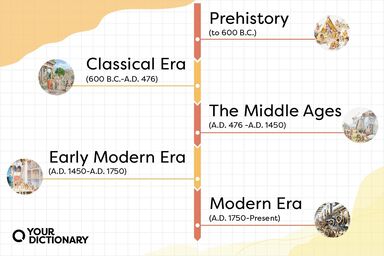He demonstrated the rotation of the satellites of Jupiter round the planet, and gave rough predictions of their configurations, proved the rotation of the sun on its axis, established the general truth of the Copernican system as compared with that of Ptolemy, and fairly routed the fanciful dogmas of the philosophers.
On the Copernican change the heavenly bodies were recognized as concrete and yet subject to calculable law.
Henceforth the Aristotelian logic, the genuine no less than the traditional, was to lie on the other side of the Copernican change.
These are, briefly speaking, the decay of those great fabrics, church and empire, which ruled the middle ages both as ideas and as realities; the development of nationalities and languages; the enfeeblement of the feudal system throughout Europe; the invention and application of paper, the mariner's compass, gunpowder, and printing; the exploration of continents beyond the ocean; and the substitution of the Copernican for the Ptolemaic system of astronomy.
His commentary on Manilius is really a treatise on the astronomy of the ancients, and it forms an introduction to the De emendatione temporum, in which he examines by the light of modern and Copernican science the ancient system as applied to epochs, calendars and computations of time, showing upon what principles they were based.
